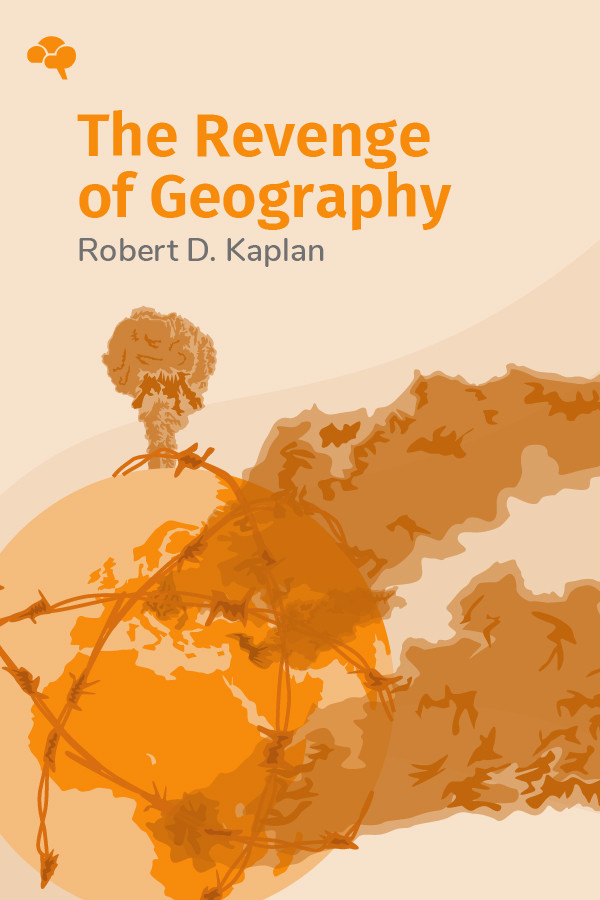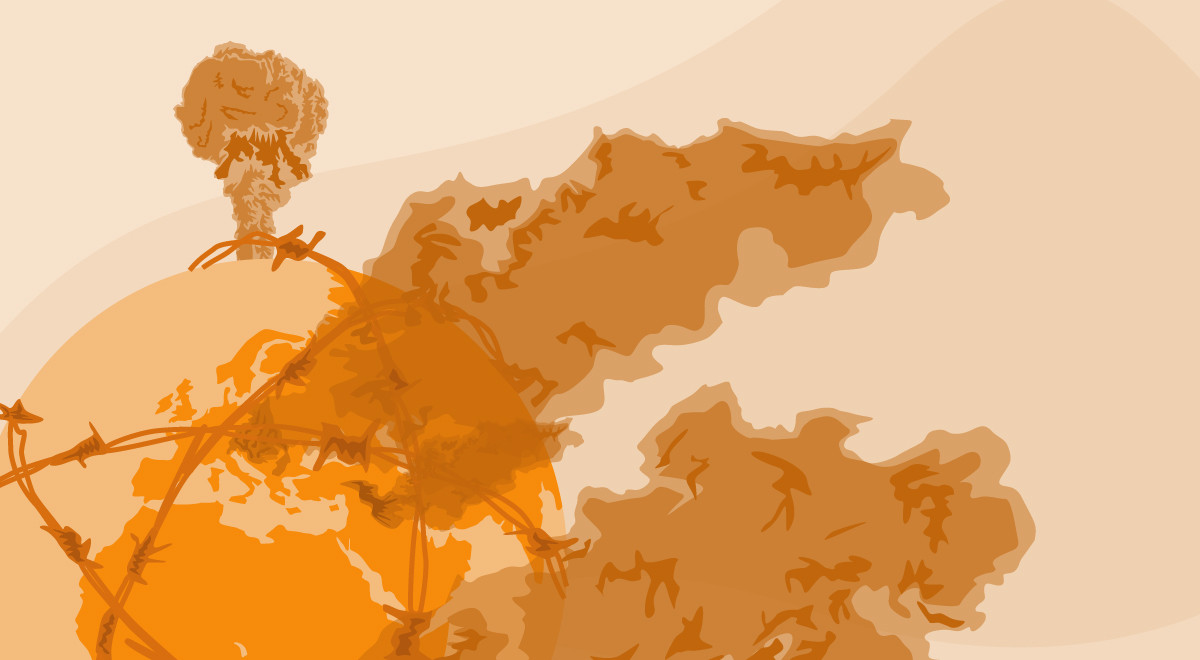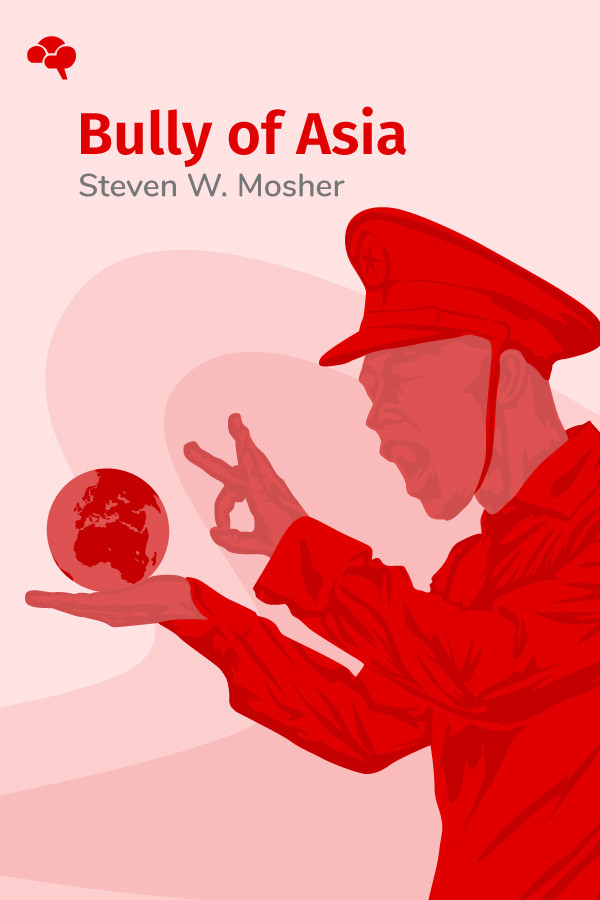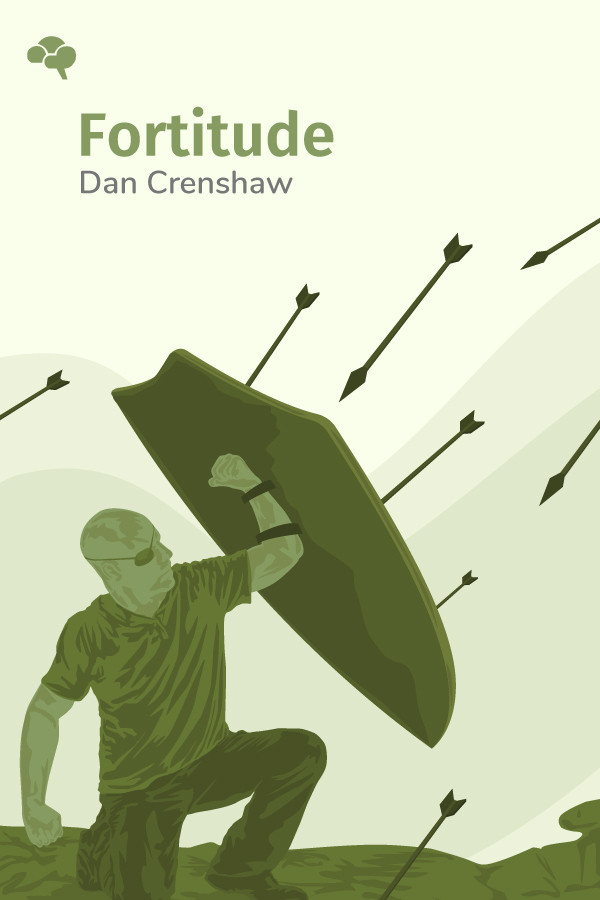Key Insights From:
The Revenge of Geography: What the Map Tells Us About Coming Conflicts and the Battle Against Fate
By Robert D Kaplan


Key Insights From:
The Revenge of Geography: What the Map Tells Us About Coming Conflicts and the Battle Against Fate
By Robert D Kaplan
What You'll Learn:
An interconnected planet has created tremendous optimism about what humanity can accomplish in a globalized age. Political analyst and columnist Robert Kaplan argues that there remain formidable barriers to human achievement that no one seems to be talking about. However quickly the world may pick up speed, we must remember and respect the way geography limits progress.
Key Insights:
- Genocide in Africa, 9/11, and wars in Iraq and Afghanistan chastened the West’s optimism about “the end of history.”
- The power of geography humbled the United States’ idealistic hopes about setting up democracy in Iraq.
- Tunisia’s proximity to the heart of Europe helps make sense of why the Arab Spring began there rather than somewhere else.
- The United States’ location is ideal for trade security, and it offers them the options of political isolation or intervention.
- A lack of unity within and lack of clarity along its borders make India geopolitically unstable.
- Even as technology has made communication and transportation more seamless than ever, geography has become more precious than ever.




